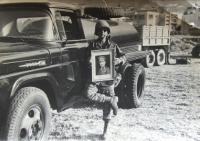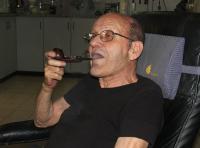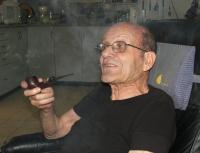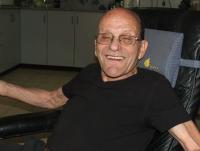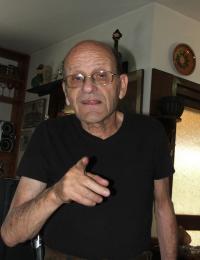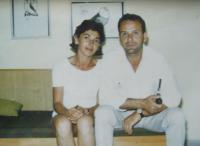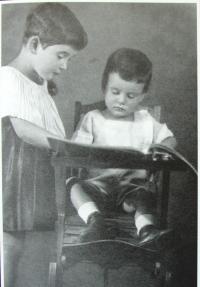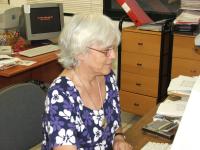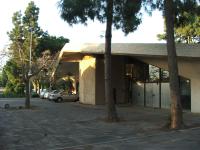Before I married, I thought to myself: ‘My wife must be pretty, she mustn’t be stupid, it’ll be good if she’s clever and if she has money, I won’t mind that one bit’ That’s my Jewish ideology
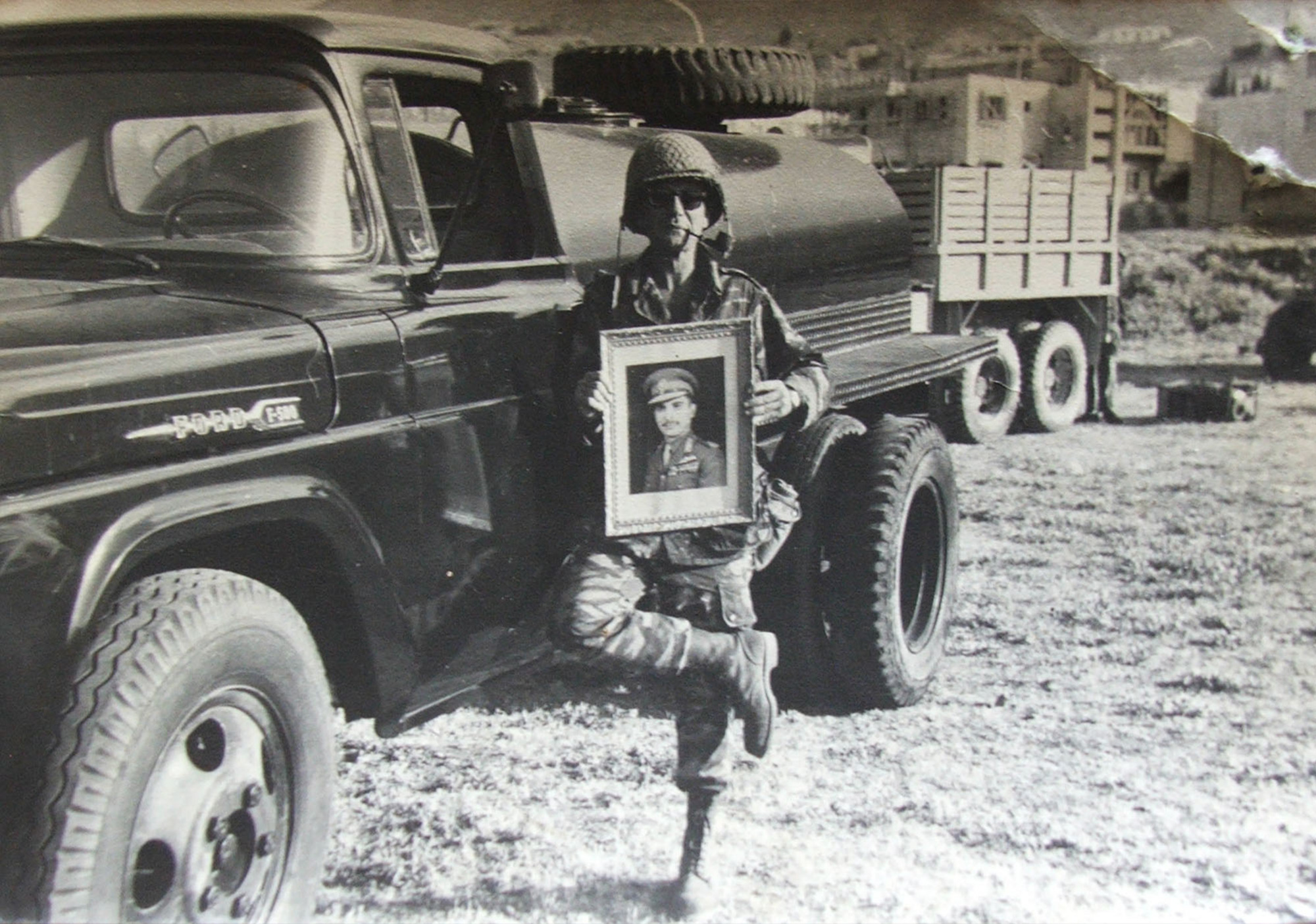
Download image
Petr Lang was born in 1924 in Jihlava in to a Czech-German Jewish family. Shortly after the occupation of Jihlava by the Germans, Lang’s parents were moved out of their appartment to Třebíč, the fifteen-year-old Petr was sent to Prague to apprenticeship. After a year he returned to his parents in Třebíč and in May 1942 they were all taken to Terezín. Lang lasted in the Terezín ghetto for more than two years, in the last year of the war he survived the camps in Auschwitz, Kaufering and the labour camp in Litoměřice, ending up in Terezín again. His parents did not survive, but his sister did. After the war he finished school and in 1947 he was drafted into compulsory service. After a year and a half he signed up to the Jewish military transport, in February 1949 he landed in Haifa, Israel. During the Sinai War in 1956, Lang served with the artillery, during the Six-Day War he was already retrained for tank combat. He took part in operations in Gaza and the Golan Heights. He still lives in Israel in the kibbutz Givat Chaim Ichud, he worked in several functions in the local farm co-op. After the fall of Communism he visits the Czech Republic every year, to see his friends.
